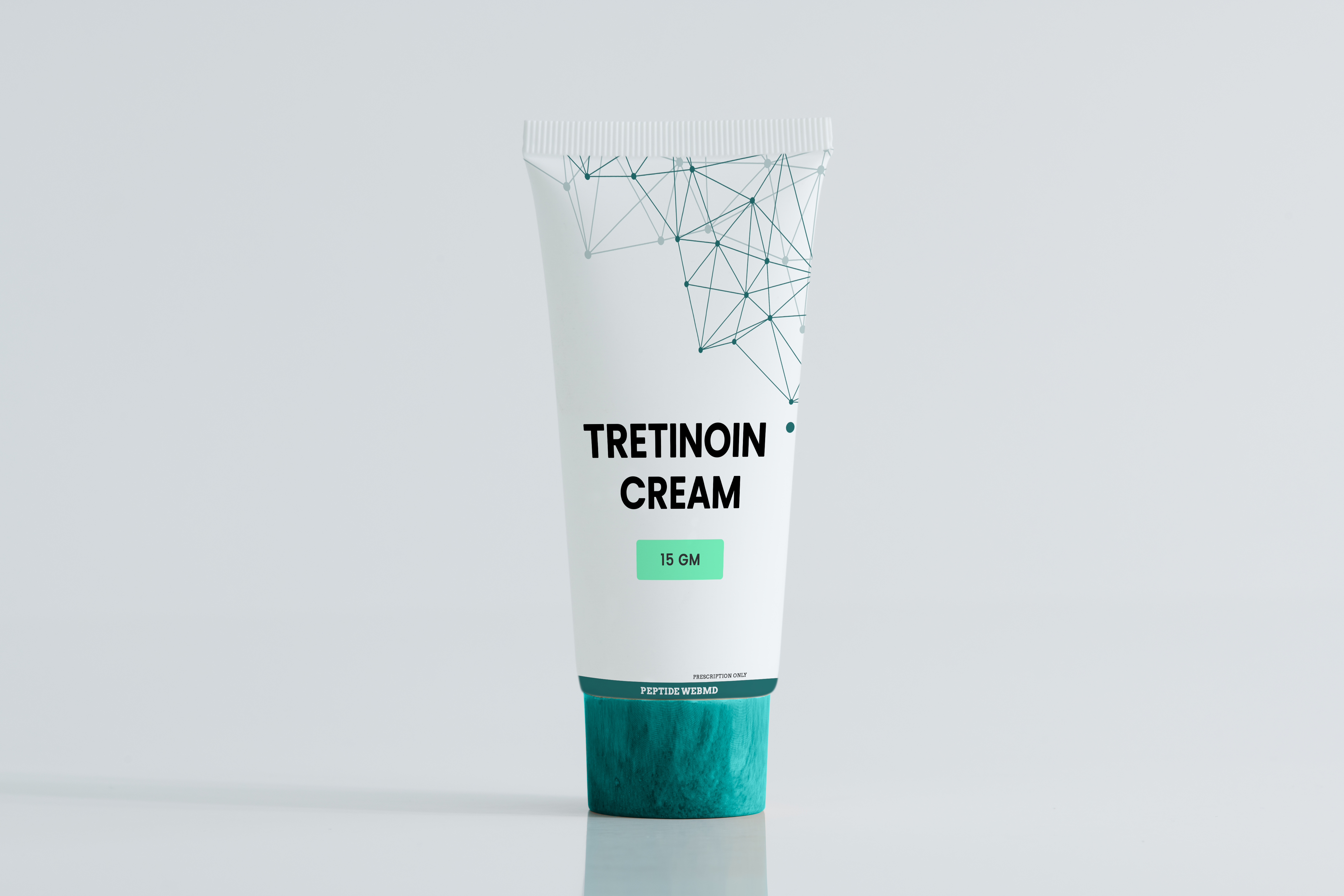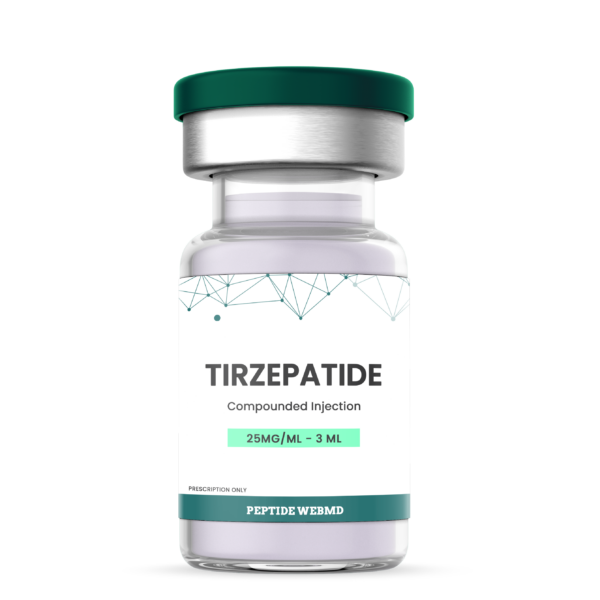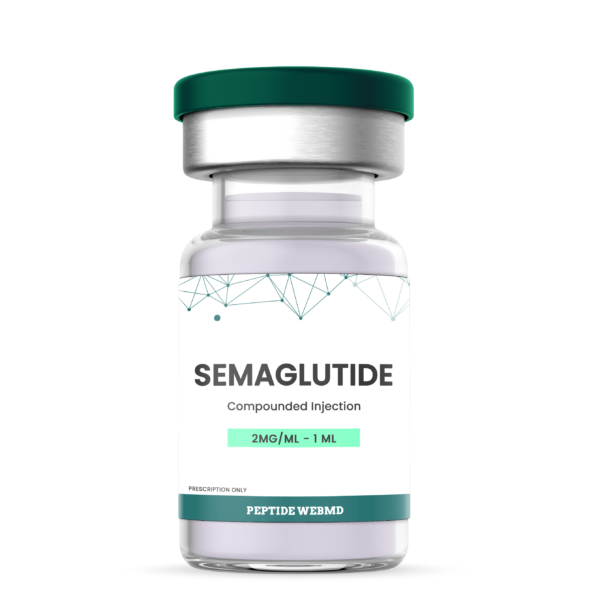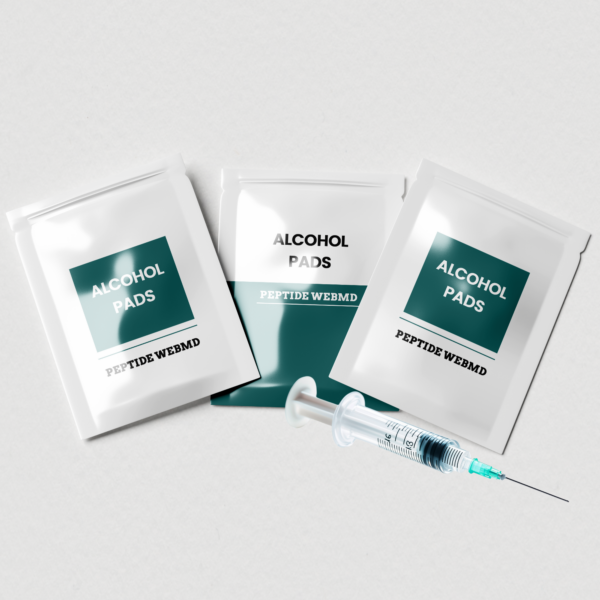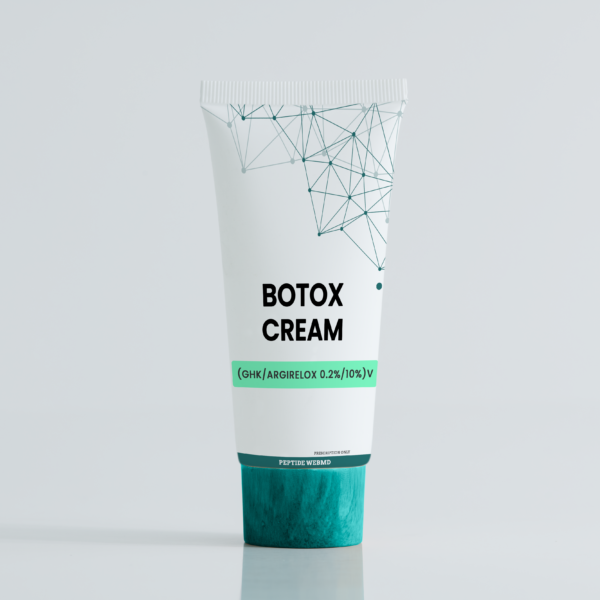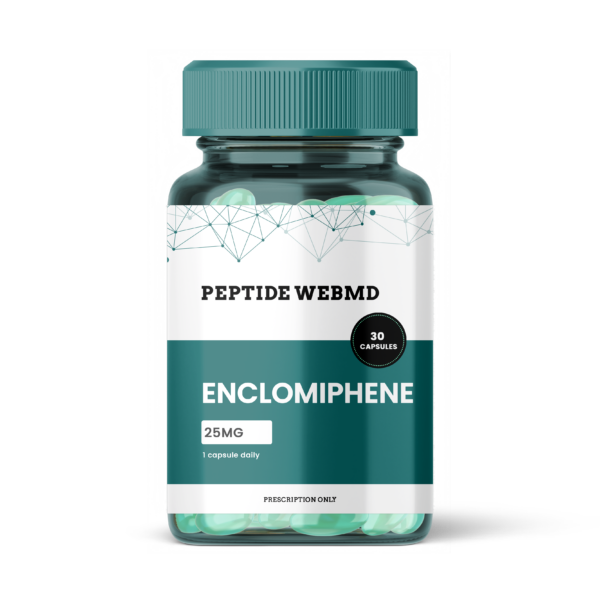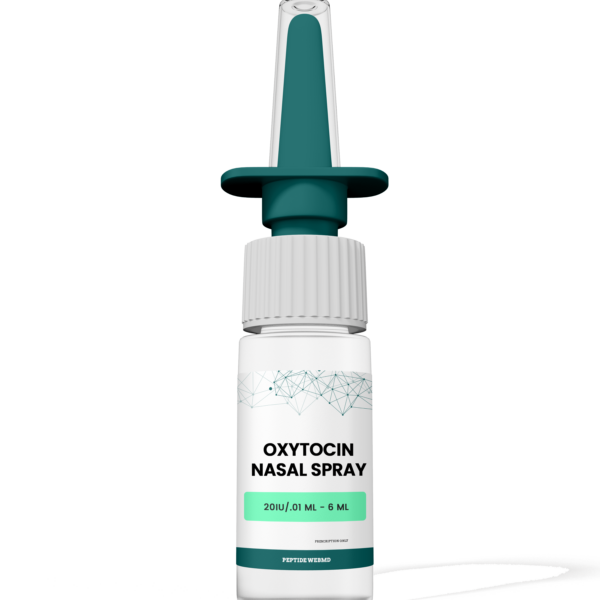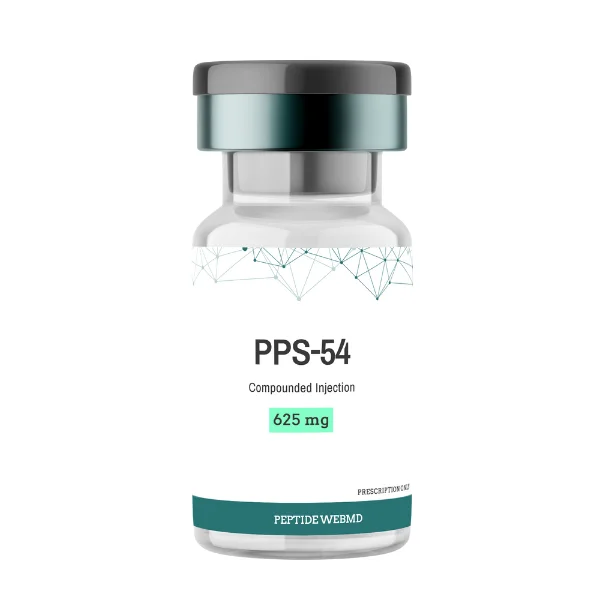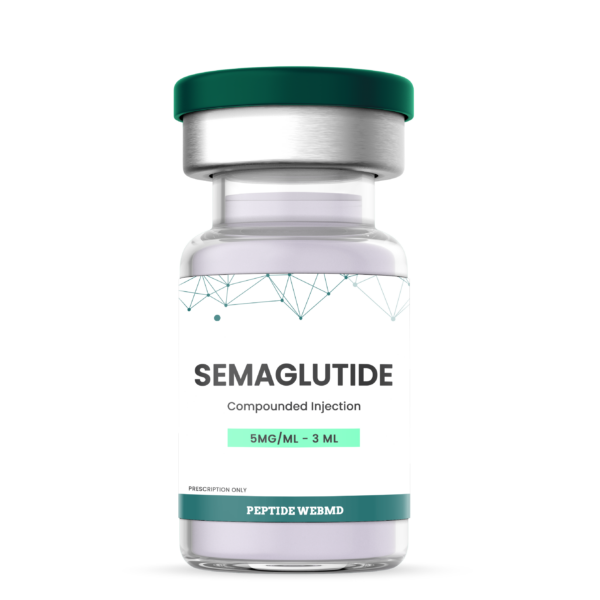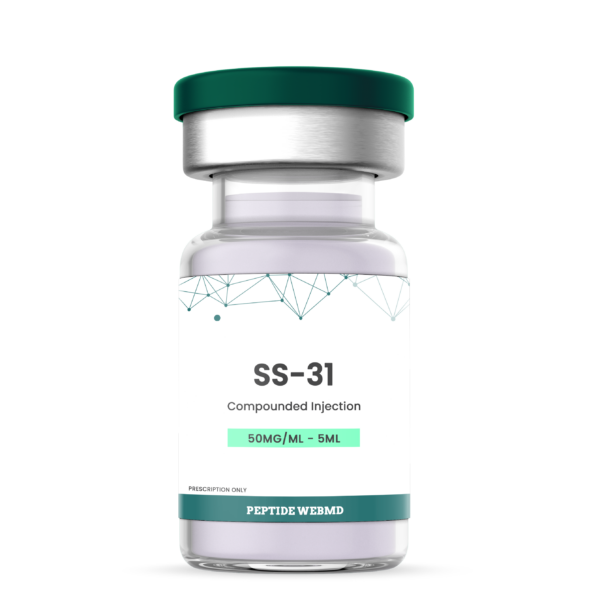Key Benefits
- Reduces Acne: Tretinoin helps unclog pores, reduce oil production, and prevent new breakouts, making it highly effective for treating and managing acne.
- Minimizes Fine Lines and Wrinkles: By stimulating collagen synthesis, Tretinoin can improve skin elasticity and reduce the appearance of fine lines over time.
- Improves Skin Texture and Tone: Regular use of Tretinoin can even out skin tone, reduce hyperpigmentation, and promote smoother skin.
- Enhances Cell Turnover: As a retinoid, Tretinoin accelerates skin cell renewal, promoting fresh, healthy skin and reducing dullness.
Mechanism of Action
Tretinoin works by binding to retinoic acid receptors in the skin, stimulating cell turnover and encouraging the shedding of old skin cells. This process helps clear clogged pores, reduce the buildup of dead skin cells, and promote collagen production in the deeper layers of the skin. Tretinoin also reduces inflammation, which can help with acne and other skin conditions, while simultaneously improving skin texture and resilience.
Dosage and Application Recommendations
- Standard Strengths: Tretinoin cream is available in several strengths, typically ranging from 0.025% to 0.1%, with the strength chosen based on individual skin type and tolerance.
- Application: Apply a pea-sized amount of Tretinoin cream to clean, dry skin in the evening, avoiding the eye area. Start with every other night or as recommended by a dermatologist, gradually increasing to nightly use as tolerated.
- Initial Use: When first starting Tretinoin, use it sparingly to minimize irritation. Results generally improve over several weeks, with full effects noticeable after 3-6 months of consistent use.
Research and Studies
- Acne Treatment: Tretinoin has been extensively studied and is considered one of the most effective topical treatments for acne due to its pore-clearing and anti-inflammatory properties.
- Anti-Aging Benefits: Research supports Tretinoin’s ability to improve skin elasticity, reduce wrinkles, and enhance skin’s overall appearance, making it a mainstay in anti-aging skincare.
- Hyperpigmentation and Skin Tone: Studies indicate that Tretinoin can improve hyperpigmentation and promote a more even skin tone with consistent use.
Possible Side Effects and Precautions
- Common Side Effects: Some users may experience initial dryness, redness, peeling, and irritation, which generally improve as the skin adapts. Using a moisturizer and sunscreen is recommended to counteract dryness and protect sensitive skin.
- Sun Sensitivity: Tretinoin can increase sensitivity to sunlight, so daily use of broad-spectrum sunscreen (SPF 30 or higher) is essential to prevent sunburn and further skin damage.
- Precautions: Tretinoin is not recommended for use during pregnancy. Individuals with highly sensitive or eczema-prone skin should consult a dermatologist before use.
Storage and Handling Instructions
- Store Tretinoin cream in a cool, dry place away from direct sunlight. Keep the tube tightly closed when not in use to maintain potency.
Frequently Asked Questions (FAQs)
- How soon will I see results from Tretinoin?
Improvements in skin texture and acne can often be seen within a few weeks, though optimal anti-aging results typically appear after 3-6 months of regular use. - Can Tretinoin be used with other skincare products?
Yes, Tretinoin can be combined with hydrating and gentle products like hyaluronic acid and niacinamide. Avoid mixing with strong exfoliants or acids to prevent irritation.
Medical Disclaimer
This product is intended for topical use only and should be used under the guidance of a dermatologist, especially for new users. Always consult a healthcare provider before starting any new skin treatment, especially if you have underlying skin conditions.


